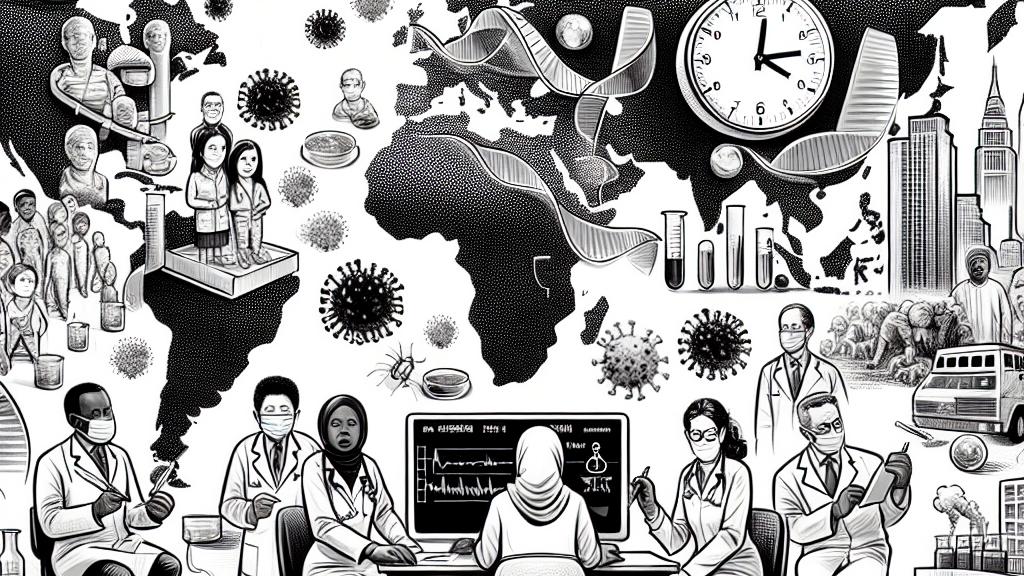WHO Approves First Quick Diagnostic Test for Mpox in Africa
Overview
- The World Health Organization (WHO) has made a groundbreaking move by approving a rapid PCR test for mpox, transforming the approach to diagnosis.
- Over 30,000 suspected mpox cases have been reported across Africa this year, yet many remain unverified due to testing delays.
- Countries like the Democratic Republic of the Congo and Rwanda are urgently implementing vaccination efforts to combat this escalating health crisis.

Transformative Impact of the New Mpox Test
In a pivotal development, the WHO has officially approved a quick diagnostic test for mpox, a decision that could revolutionize health responses across Africa. This state-of-the-art PCR test allows for swift detection of mpox DNA from skin lesions, providing crucial results in mere moments rather than days. This immediate feedback is essential; with over 30,000 suspected cases this year, the ability to confirm infection promptly can dramatically enhance treatment and containment strategies. For instance, early detection can prevent further transmission in crowded urban settings, making this test not just a tool, but a vital weapon in the fight against the virus.
Context of the Mpox Outbreak and Vaccination Initiatives
The seriousness of the mpox outbreak cannot be understated, especially in the Democratic Republic of the Congo, where over 635 lives have been lost already this year. Faced with such alarming numbers, the WHO has declared this outbreak a global health emergency, signaling the urgent need for coordinated action. Countries like Rwanda have shown exemplary resolve, launching vaccination campaigns that prioritize healthcare workers and at-risk populations. Meanwhile, Nigeria is set to follow suit, demonstrating a growing regional commitment to fight mpox. These vaccination initiatives are crucial; they not only protect individuals but also create a buffer against further outbreaks and reassure communities struggling with fear and uncertainty.
Global Collaboration and Remaining Challenges
As the world pays closer attention to the mpox crisis, international cooperation has seen Western nations stepping up to donate vaccines and resources. Despite this, significant challenges persist—logistical issues often hinder the timely delivery of these life-saving supplies to remote areas. In many regions, poor healthcare infrastructure severely limits the capacity for widespread testing and treatment, leaving many vulnerable. The WHO and local health agencies are tirelessly working to build a robust health response framework, emphasizing not just immediate relief but also long-term strategies for resilience. By enhancing the healthcare system's capabilities, these efforts aim to ensure that African nations are better equipped to handle current and future public health emergencies.

Loading...